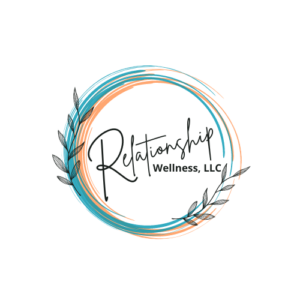How to Know the State of Your Marriage
Having been a counselor for marriages and hearing multitudes of stories, I was curious while in a social setting. When I attended a High School Reunion, there were a handful of couples who had been married over forty years! I was curious about the secret to their success. Of course, I want to keep helping others “how to know the state of your marriage.” Beyond my clinical knowledge and experience, this was a perfect time to ask. It was the best environment outside my counseling office to get insight.
40-year Marriage Testimonies:
“We’ve been through a lot. And we have some major differences. But when we go hiking, all those differences fade. We appreciate each other’s strengths and weaknesses.”
“I don’t know why it’s worked for us. I guess we’ve been blessed. My spouse is my best friend.”
Of course, not all long-term marriages show a comfortable partnership. Some couples look worn down and admit they’ve lived like room-mates. In fact, some couples are not living together. They are dying together.
We all go through seasons or years of unhappiness or dysfunction. That’s why I steer away from the term, “happy marriage.” It’s more valuable to work toward a growing marriage. And that was my takeaway after listening to the couples at the reunion.
It's more valuable to work toward a growing marriage rather than a happy marriage. We can all choose to grow through temporary feelings and seasons. Share on XWe can categorize marriage as Dr. John Gottman, does who is world-renowned for his research on marital stability. We’re showing up in our relationships as either the “masters” or the “disasters.” In other words, those who grow beyond their marital messes are the “masters.” Those who get stuck are the “disasters.” Certain behaviors and attitudes put us heading in one direction or the other. You can find more about this in my book, Beyond Messy Relationships.
Know the State of Your Marriage By What Direction You’re Heading
Remember geometry class? Imagine a horizontal line with arrows on either end. Anyone of us can be an “x” on a continuum line facing either right decisions on one end or wrong decisions on the other. This idea helps us see the fluidity of our choices. We can change our dance (relationship) patterns. Imagine that same horizontal line with an “x” represents our marriages. Are we heading in the direction of the “masters” or the “disasters?” In other words, we can which way we’re heading with the smallest of decisions.
Our lives and relationships are never static even though we feel stuck. Share on XKnow the State of Your Marriage By Adjusting to Perpetual Conflicts
Gottman’s research challenges how therapists help or hinder couples they work with. For example, we shouldn’t focus solely on conflict resolution skills. The reason is that 69% of conflict in our relationships are perpetual. They have no resolve. The couples I spoke with at the reunion validated these findings.
So you could divorce one spouse and marry another. But you will experience a different set of perpetual conflicts. They’re likely to add up to the same percentage as the old marriage. The wisdom here is for couples to learn how to solve the 31% of conflicts that are resolvable. And grow through accepting the rest.
Know The State of Your Marriage By Resolving Resolvable Conflicts
We can learn to grow through, adapt, and even appreciate the remaining perpetual 69%. Unless, of course, part of that 69% dishonors the dignity, value, and worthiness of either spouse.
Those long-term married folks at the High School reunion actually validated the premise of my book. Those who are open and willing to respect differences were clearly among the “masters.”
Your Next Step
Know the state of your marriage. Take the Relationship Stress Quiz
Feature Photo by Matthew Bennett on Unsplash






